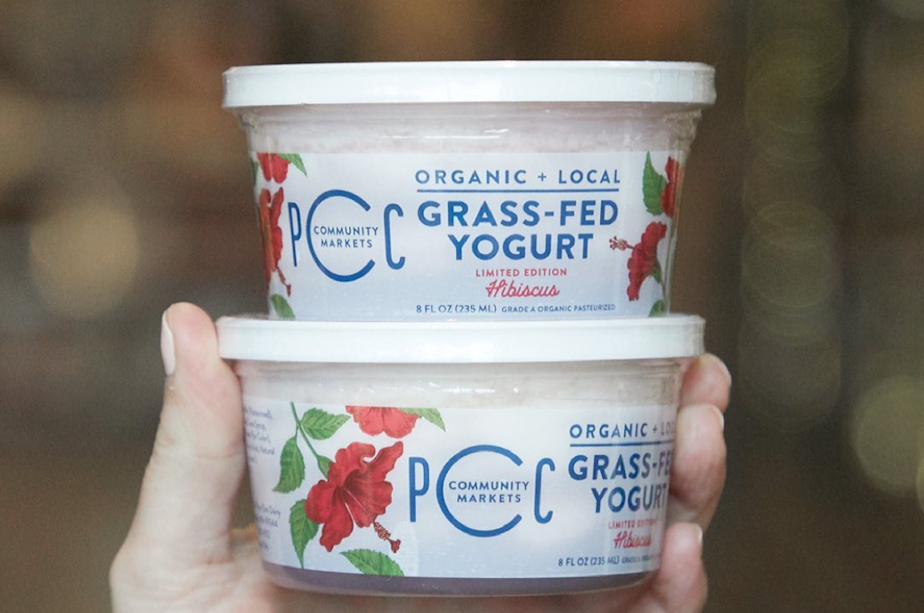Yogurt from PCC Markets recalled after 11 people, including children, sickened with E. coli

Washington state health officials said PCC Community Market brand yogurt is the likely source of an E. coli outbreak that has sickened 11 people, including six children under the age of 10.
Seven have been hospitalized.
In King County, eight people were confirmed to have gotten sick with E. coli. One person each in Benton, Snohomish, and Walla Walla counties became infected.
Of the seven people hospitalized, three developed hemolytic uremic syndrome, a serious condition that affects blood vessels in the kidneys.
Symptoms of E. coli include stomach cramps, bloody stool, and diarrhea.
“It’s probably the tip of the iceberg to be honest,” said Scott Lindquist, acting state health officer, adding that the diagnostic process takes time, and many people may have mild symptoms. “It’s going to take us a couple weeks to find all the cases that are still in the pipeline.”
Lindquist said he wouldn't classify this outbreak as small or large at this point, but as an outbreak of concern under investigation.
Sponsored
PCC Community Market brand yogurt produced by Pure Eire Dairy, an Othello-based operation that boasts 100% grass-fed Jersey cows and organic products, is now under recall. Anyone with the yogurt should throw it away, health officials said.
“Out of abundance of caution, we have halted sales and production of our yogurt products as we investigate a possible link to E. coli contamination,” the Pure Eire Dairy website reads.
“We take any and all possible contamination concerns seriously as our goal has always been to provide healthy, nutritional products to our consumers. Please discontinue eating any yogurt you have on hand. Refunds will be available.”
The Washington State Department of Agriculture is investigating what may have occurred at the dairy to cause the outbreak, health officials said on Monday.
According to the dairy’s website, the state Department of Agriculture has so far tested 12 random yogurt samples from store shelves. Tests did not find E. coli contamination among these samples.
Sponsored
The investigation remains ongoing, according to the Washington State Department of Health, and as the agency collects more information it will provide more updates in the future.




